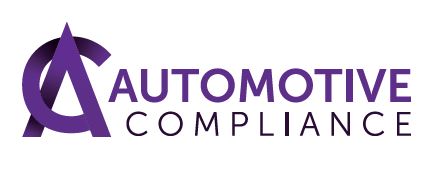With the widespread viral problems hitting a large number of people there are some important issues to tackle so that your employees know where they stand in regard to sickness absence.
Here are some tips to help you be transparent and objective when it comes to sickness absence;

Need help with keeping on track with FCA Regulation and Compliance? Partner with Automotive Compliance
- Before you take on an employee make sure you find out about their sickness and general attendance records. It’s always better to avoid a malingerer coming into employment rather than dealing with the issues afterwards.
- Through the contract of employment and other policies make employees aware of what is expected of them in terms of sickness reporting and how their pay will be affected. The statutory scheme will allow you to not pay anything for the first three days of sickness and then you will be required to pay Statutory Sick Pay. Your contract can, of course, enhance this minimum scheme.
- Make sure it is someone’s job to monitor absenteeism for sickness. If further action is to be taken because of frequent short term or longer term sickness absences the records must be accurate.
- When employees return to work after sickness have a return-to-work interview. If sickness absence is reaching proportions where consideration must be given to disciplinary procedures then the employee must be warned.
- Performance Appraisals are a good opportunity to discuss absenteeism in general.









